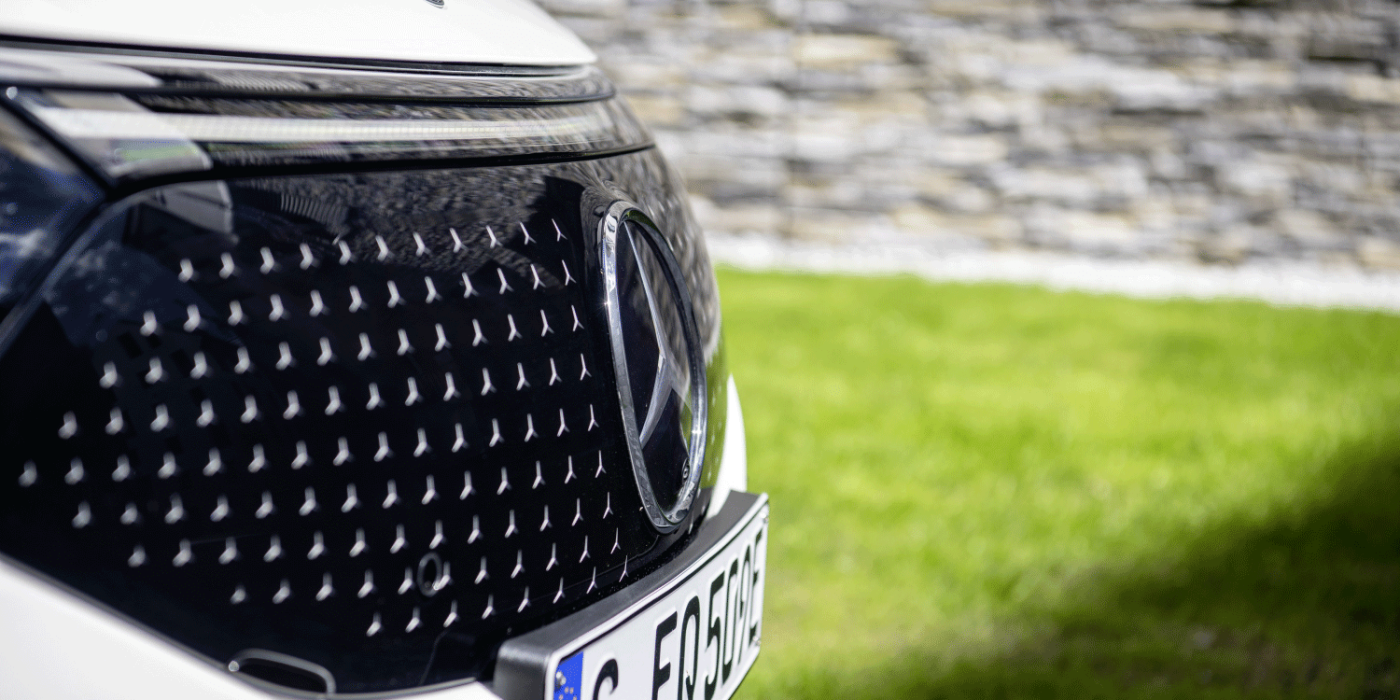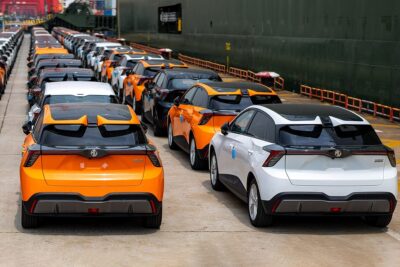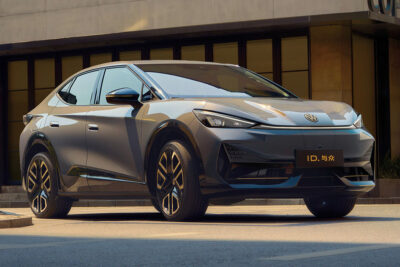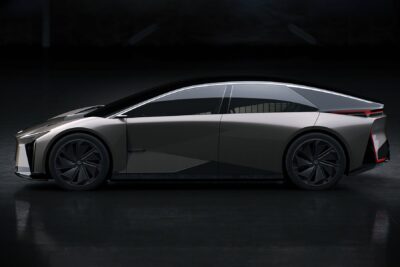Mercedes shelves plans to release EQE SUS in China
In a written statement to the German Handelsblatt newspaper, Mercedes explained that with nine purely electric vehicles currently on offer, the market requirements in China are sufficiently covered. “In order to reduce complexity, we have therefore decided not to continue the project of a China-specific additional vehicle based on the EVA2 architecture for the time being.”
As early as 2021, the Handelsblatt had also reported that Mercedes was considering developing a cross between a saloon and an SUV based on the EQE. The additional abbreviation SUS should stand for “Sports Utility Sedan” within Mercedes, it was said at the time. At the time, the manufacturer did not want to comment on the plans.
Since there is now a statement that “the project of a China-specific add-on vehicle based on the EVA2 architecture will not be continued for the time being”, it is now subsequently confirmed that there were such plans at all. However, a lot of information about the vehicle was never leaked. For example, it was said that the EQE SUS would be higher and bulkier than the saloon in order to offer more space, but at the same time be less bulky than the EQE SUV. It is still not known exactly how an EQE SUS would differ from an SUV coupé.
According to earlier information, there were two strategic considerations behind the project: Firstly, the new body variant could have been an attempt to counter the globally declining business with conventional saloons with something new. Secondly, an exclusive China model would have boosted the Beijing Benz Automotive (BBAC) joint venture there together with BAIC.
Officially, however, the project is only “on hold”, according to the Handelsblatt. This decision was made several months ago. Development has therefore been halted, but not completely cancelled. This means that work could be resumed at some point if Mercedes sees correspondingly large market opportunities. After all, the top personnel who once commissioned the project – CEO Ola Källenius and CTO Markus Schäfer – are still in their posts, so there will be no personnel changes if the successor cancels out the predecessor’s niche plans.
However, Källenius recently adapted his electrification course and significantly weakened the targets. Originally, Mercedes-Benz wanted to be an all-electric brand by the end of the decade, where market conditions allowed. The car manufacturer now expects xEVs to account for 50 per cent of total sales by 2030 – battery electric cars and plug-in hybrids combined.





0 Comments